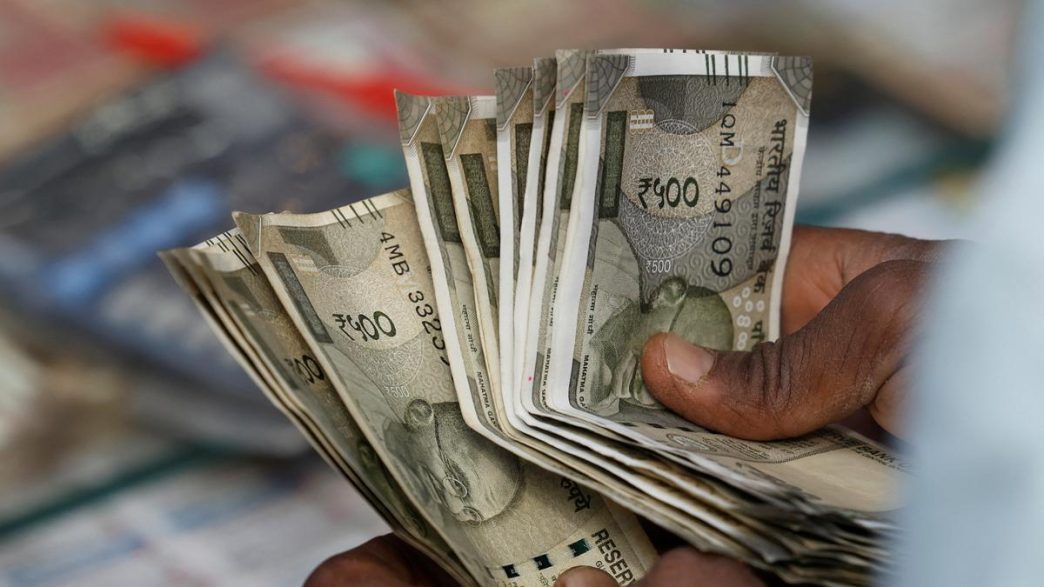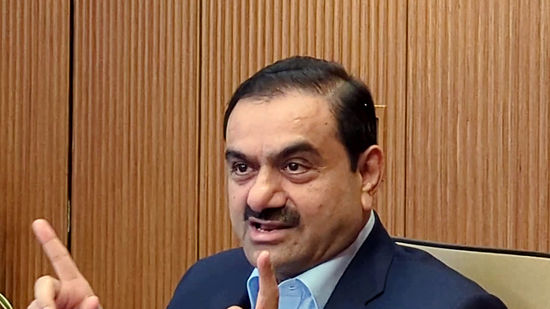According to a Transparency International report released on Tuesday (February 11, 2025), India’s aggregate score decreased by one point to 38, resulting in a 96th-place ranking out of 180 countries in the 2024 Corruption Perceptions Index (CPI).
The index, which ranks 180 countries and territories based on the perceived levels of public sector corruption as reported by experts and businesspeople, employs a scale of zero to 100. A score of zero indicates that the country is extremely corrupt, while a score of 100 indicates that the country is very clean.
India’s overall score in 2024 was 38, compared to 39 in 2023 and 40 in 2022. In 2023, India’s ranking was 93.
Among India’s neighbors, Pakistan (135) and Sri Lanka (121) were struggling with their respective low rankings, while Bangladesh’s ranking was even lower at 149. China was rated 76th.
The nation with the lowest level of corruption was Denmark, with Finland and Singapore following in that order.
The 2024 CPI demonstrated that corruption is a perilous issue in all regions of the globe; however, there are numerous countries that are making progress toward improvement.
Additionally, research has demonstrated that corruption poses a substantial obstacle to climate action. It impedes progress in the reduction of emissions and the adaptation to the inevitable consequences of global warming.
Although 32 countries have made substantial progress in reducing their corruption levels since 2012, there is still a significant amount of work to be done, as 148 countries have either stagnated or deteriorated during the same period.
The global average of 43 has remained static for years, and more than two-thirds of countries have achieved a score below 50. Corruption undermines human rights and destroys the lives of billions of individuals in countries.
“Global warming has severe repercussions for a significant number of individuals worldwide, as funds that are intended to assist countries in reducing greenhouse gas emissions and safeguarding vulnerable populations are either stolen or misappropriated.” The report also stated that corruption in the form of undue influence obstructs policies intended to address the climate crisis and results in environmental damage.
It was further stated that the protection of climate mitigation and adaptation efforts from corruption will enhance the effectiveness of these life-saving activities and, as a result, benefit individuals in need.
The report stated that numerous countries with high CPI scores possess the resources and authority to promote corruption-resistant climate action worldwide; however, they frequently prioritize the interests of fossil fuel corporations.
“In addition, financial hubs in certain countries are known to attract illicit funds that are the result of corruption, environmental destruction, and other forms of criminal activity.” It stated that tainted money is a significant corruption issue with detrimental consequences that extend beyond the borders of these countries, despite the fact that the CPI does not measure it.
Corruption is a global hazard that is constantly changing and has the potential to significantly impact development. It is a significant factor in the decline of democracy, instability, and human rights violations. The report emphasized that corruption must be a top and long-term priority for the international community and each country.
“This is essential for the establishment of a sustainable, peaceful, and free world and the resistance to authoritarianism.” “The necessity of taking immediate, tangible steps to combat global corruption is underscored by the perilous trends identified in this year’s Corruption Perceptions Index,” it stated.















